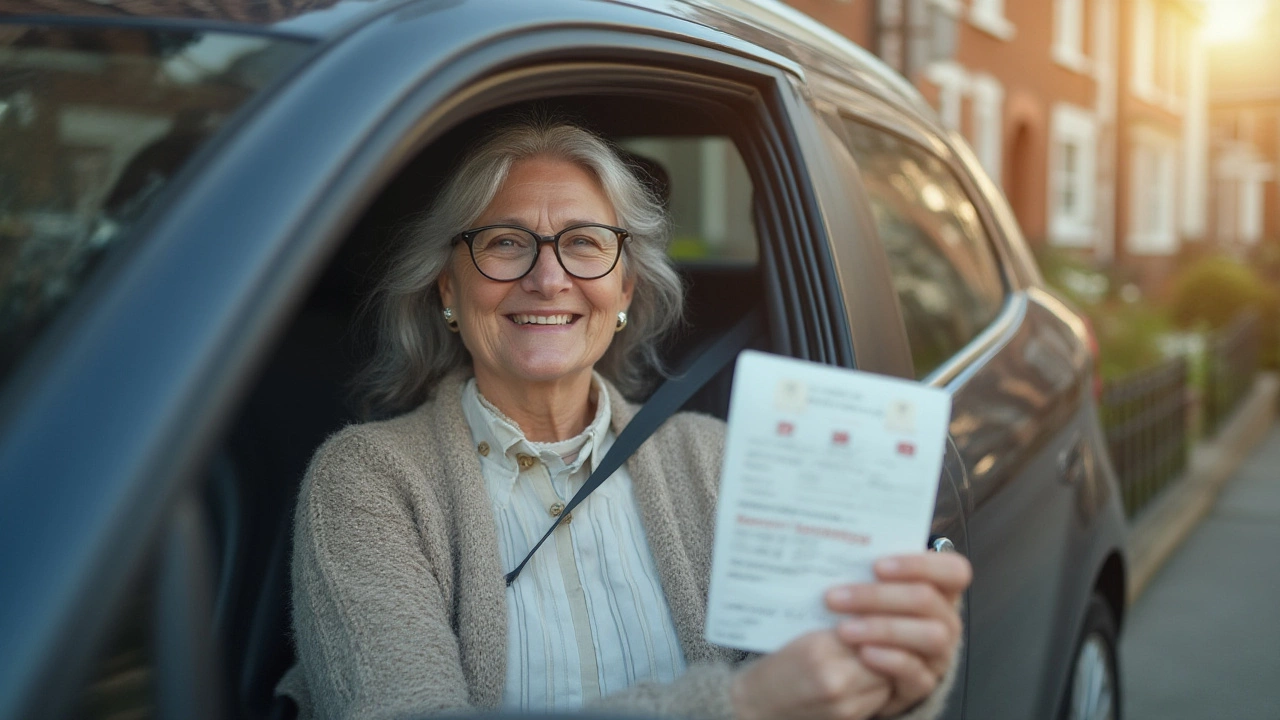Age Requirements for HGV Driving in the UK
Thinking about a career behind a big rig? The first hurdle isn’t the test, it’s the age rule. In the UK you need to be at least 18 years old to hold a full Class 1 HGV licence, but there’s a path you can start on earlier. Below we break down the exact ages, what you can do before turning 18, and how to keep the process smooth.
Minimum Age and Learner Permit
The law says you must be 18 to drive a heavy goods vehicle in a professional capacity. That means you can’t legally operate a lorry on public roads for work until you hit your 18th birthday. However, at 17 you can apply for a provisional HGV licence (also called a learner’s permit). This lets you practice under supervision, which is a huge advantage because you’ll already have seat‑time when you’re finally eligible for the full licence.
To get the provisional licence you’ll need a valid provisional car licence, a medical report confirming you meet the health standards, and a DBS check if your employer requires it. The provisional licence is good for two years, giving you plenty of time to clock in lessons and theory study.
How to Meet the Requirements
Once you’re 18 and have your provisional HGV licence, the next steps are a medical exam, the CPC (Certificate of Professional Competence) and the practical test. The medical exam checks vision, hearing, blood pressure and overall fitness. It’s cheap, quick, and you’ll get a copy to show your training provider.
For the CPC you’ll need to complete 35 hours of training – split between theory, practical driving and safety. Many schools offer a combined course that lets you finish in a few weeks if you’re dedicated. When you pass the practical test you’ll receive the full Class 1 licence and can start working for an HGV employer.
Some people wonder if they can start at 16 or earlier. The short answer: you can’t legally drive an HGV until 18, but you can start early with a standard car provisional licence at 15 years and 7 months. This gives you driving experience, which is valuable when you later move up to larger vehicles.
Remember, age isn’t the only factor. Your health, background checks and completed training all play a part. If you have a condition like diabetes or epilepsy, you’ll need a specialist medical opinion. Most drivers clear the checks without trouble, but it’s worth arranging your medical exam early so any extra paperwork doesn’t delay you.Finally, keep an eye on any changes to the law. The UK government occasionally tweaks the age limits or medical standards, especially after safety reviews. Subscribing to a reputable HGV training newsletter or checking the DVSA website twice a year will keep you in the loop.
Bottom line: you can start learning at 17 with a provisional licence, but you’ll need to wait until you’re 18 to drive professionally. Use the year before to build confidence, pass your theory test and get the required medical clearance. When your 18th birthday arrives, you’ll be ready to take the practical test and hit the road with minimal delay.
- July 4 2025
- 0 Comments
- Rowan Cavendish
Is There an Age Limit for Learning to Drive? Tips & Facts for Older Beginners
Is there such a thing as too old to start driving? Get facts, stats, and expert tips for older beginners. Age is just a number—see how you can succeed.
- Driving Lessons (42)
- Driving Test Tips (34)
- HGV Training (32)
- Driving Test Booking (28)
- Driving Licence Renewal (26)
- Driving Theory Test (21)
- Intensive Driving Course (19)
- Pass Plus Course (15)
- Driving Tips (15)
- Driver Licensing (14)
Categories
- February 2026 (4)
- January 2026 (13)
- December 2025 (15)
- November 2025 (13)
- October 2025 (21)
- September 2025 (5)
- August 2025 (8)
- July 2025 (30)
- June 2025 (30)
- May 2025 (30)
- April 2025 (31)
- March 2025 (30)
Archives
- driving lessons
- driving test
- driving tips
- driving test tips
- intensive driving course
- HGV training
- learn to drive
- driving theory test
- driver training
- pass driving test
- driving test booking
- HGV driving
- road safety
- Virginia driving test
- driving license renewal
- Virginia driver's license
- learner drivers
- safe driving
- driving license
- learning to drive

